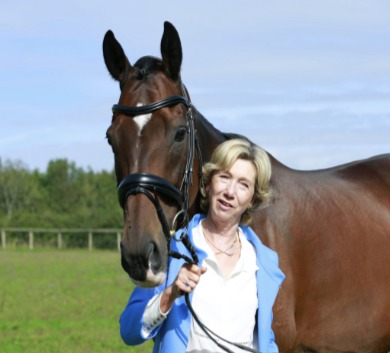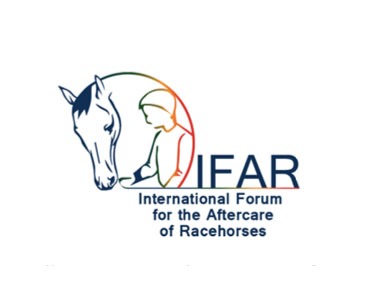Selangor Turf Club addresses racehorse aftercare.
Every country’s horse racing is governed by strict Rules of Racing. These include provisions to protect and indeed enhance the welfare of the horses which are integral to the sport. The Selangor Turf Club is conscious of the fact that these same horses, also need care after their competitive racing days are over.
 With this in mind, the Club invited the International Forum for the Aftercare of Racehorses (IFAR) to present on aftercare topics in a Zoom session last month. The Club’s Veterinary, Regulatory, Racing departments along with the Club’s Equestrian Centre were joined by executives and guests from the Government Department of Veterinary Services, the Tote Board of Malaysia, the Equestrian Council of Malaysia, the Equestrian Association of Malaysia, the Malayan Racing Association and Selangor Trainers’ Association. The Selangor Turf Club was represented by Committee Members Mr Clement Chew Kuan Hock and Mr Goik Kenzu as well as its CEO, Mr Michael Fong.
With this in mind, the Club invited the International Forum for the Aftercare of Racehorses (IFAR) to present on aftercare topics in a Zoom session last month. The Club’s Veterinary, Regulatory, Racing departments along with the Club’s Equestrian Centre were joined by executives and guests from the Government Department of Veterinary Services, the Tote Board of Malaysia, the Equestrian Council of Malaysia, the Equestrian Association of Malaysia, the Malayan Racing Association and Selangor Trainers’ Association. The Selangor Turf Club was represented by Committee Members Mr Clement Chew Kuan Hock and Mr Goik Kenzu as well as its CEO, Mr Michael Fong.
The Club’s Chief Stipendiary Steward, Fin Powrie moderated the hour and a half long session introducing IFAR Chair, Di Arbuthnot. Di, who is also the CEO of British Horseracing’s Official Charity, Retraining of Racehorses (RoR) explained the IFAR principle to promote the care of Thoroughbred horses during their lifetime and advised on the current global state including the challenges facing racing bodies in ensuring retirement and aftercare programs.
In her unique capacity as Strategies Advisor Charities for powerhouse global owner, Godolphin, Committee member Dianna Cooper gave a global perspective of retirement issues based on her considerable experience with large numbers of retirees from breeders and owners Darley and Godolphin.
Formed officially in 2016, IFAR quickly developed several significant strategies and administrative assistance packages. One of these, the “Aftercare Toolkit” was presented in a powerpoint format by IFAR executive Dr Eliot Forbes who has significant experiences on a horse racing regulatory and practical basis, having worked in six countries. The “Aftercare Toolkit” identifies the issues, highlights the problems and offers several alternative strategies and structures for the racing administrator to use as a starting point and ‘checklist’ for implementation of their own racehorse retirement programs.
Participants interacted with the IFAR executives on several matters before SLTC Committee Member Mr Clement Chew Kuan Hock in addressing the session, highlighted some of the unique aspects of horse racing and the equestrian industry in Malaysia and acknowledged the importance of the need for all racehorses to be cared for after their racing careers had finished.
Mr Chew, on behalf of the Selangor Turf Club Committee, acknowledged the participation of invited guests and thanked each of the IFAR executive members for their presentations.
The IFAR website and the Aftercare Toolkit can be accessed at: www.internationalracehorseaftercare.com

